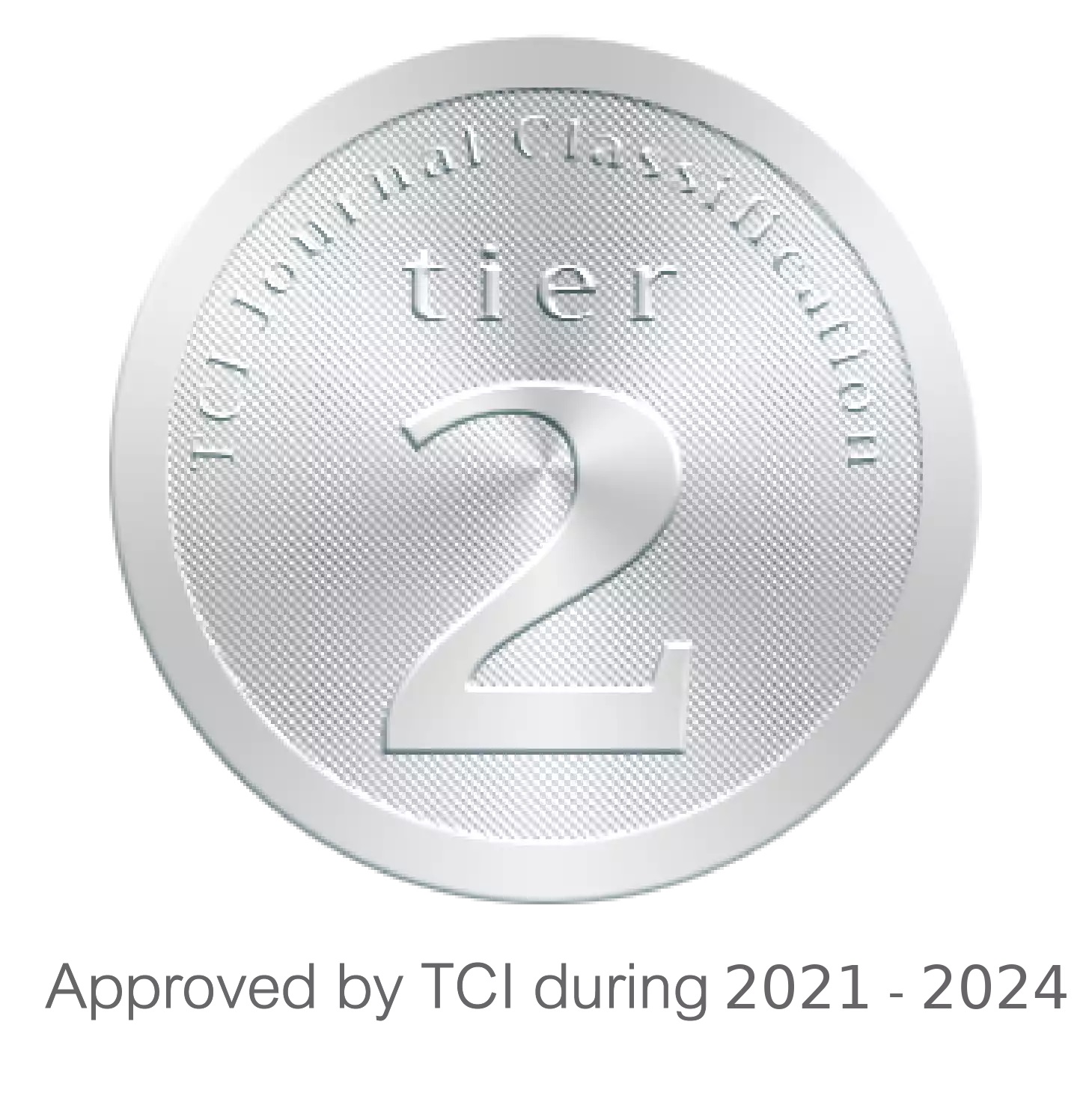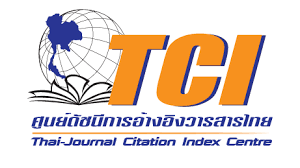ภาษีมูลค่าเพิ่ม และการวางแผนภาษีภาคปฏิบัติสำหรับธุรกิจออนไลน์ หลังวิกฤตโควิด-19|VALUE ADDED TAX AND PRACTICAL TAX PLANNING FOR ONLINE BUSINESS AFTER THE COVID-19 CRISIS
Keywords:
Value Added Tax, Tax Planning, Online Business, CovidAbstract
The objectives of this article were educating online entrepreneurs on the concept and principles of Value Added Tax, be aware of the problems in practice such as problems with VAT registration, input tax average, and the problem of import business. This is to prepare for any situation that may arise. Entrepreneurs need to have knowledge of VAT planning and complying with the regulations of the law accurately and timely, although online businesses may not have a storefront but when earning income, it must pay the same VAT. Value added tax should be the first priority in doing online business.
In this regard, consider the main business income. Businesses with income (before expenses) exceeding 1,800,000 baht per year are required to register for value added tax, and pay taxes at the rate of 7% of every time the income is generated and must be registered within 30 days of the month since the income amount is higher than 1,800,000 baht. If operating a business that is exempted, then VAT registration is not required, such as selling crops, animals. In addition, entrepreneurs are pay tax every month by the 15th of the month following the month of income and are obliged to produce a tax invoice every time a product or service is sold. At present, bank must submit electronic transaction information (e-Payment) to the Revenue Department for review according to the following conditions. 1) Deposit and receive money transfer for every account 3,000 times a year or more 2) Deposit and receive money transfer for every account 400 or more times and the total amount is more than 2,000,000 baht per year, so VAT knowledge and tax planning is more important and necessary for any online business.









